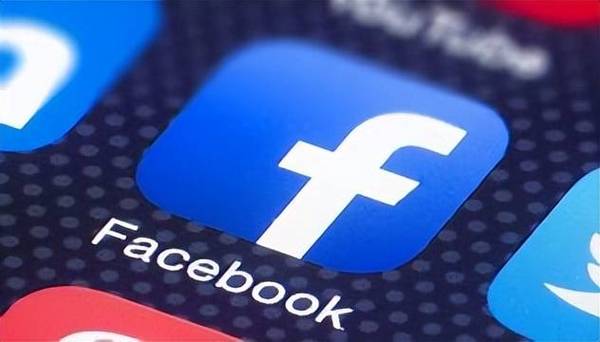Facebook Introduces New Multiple Likes Feature Amid Mixed Reactions. Meta announced the launch of a redesigned reaction system for Facebook this week. Users can now choose from multiple likes beyond the traditional thumbs-up button. The update includes options like “love,” “support,” “curious,” and “entertained,” aiming to let people express emotions more precisely. Initial tests began in select regions last month. The feature is now rolling out globally.
(Facebook’s multiple likes feature launches, with varying user responses)
User responses vary widely. Many welcome the added flexibility. A survey by the company showed 58% of early testers preferred the new system. Some say it helps them connect better with friends’ posts. Others argue it complicates interactions. Critics call the change unnecessary. One user commented online, “Why fix what isn’t broken? The old like button worked fine.” Concerns also arose about potential overuse. A few worry it could pressure others to react excessively.
Meta addressed feedback in a statement. The company said the goal is to mirror real-life communication. Spokesperson Jane Carter noted, “People don’t just ‘like’ things offline—they laugh, empathize, or ask questions. We’re bringing that depth online.” Analysts suggest the move aligns with Meta’s focus on boosting engagement. Similar features have succeeded on platforms like Instagram.
Not all users agree. Some find the icons confusing. Others report technical glitches. A small group claims the update feels intrusive. Meta confirmed it will monitor usage patterns. Adjustments may follow based on data. The company emphasized user choice remains a priority. Reactions can be disabled in settings.
Press questions centered on potential misuse. Meta acknowledged risks but highlighted existing moderation tools. Teams will track harmful content linked to reactions. Early data shows “support” is the most-used new option. Regional differences emerged. “Entertained” trends higher in younger demographics.
(Facebook’s multiple likes feature launches, with varying user responses)
Industry experts predict short-term skepticism. Long-term adoption might depend on ease of use. Competitors like Twitter and TikTok stick to simpler systems. Meta insists innovation drives progress. User habits will ultimately decide the feature’s fate.

